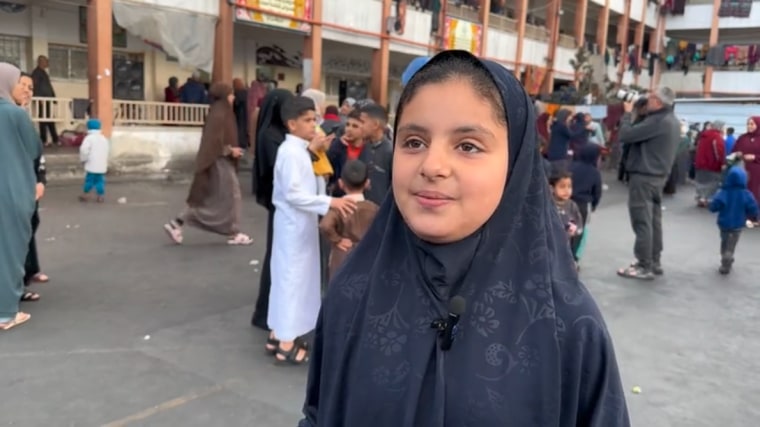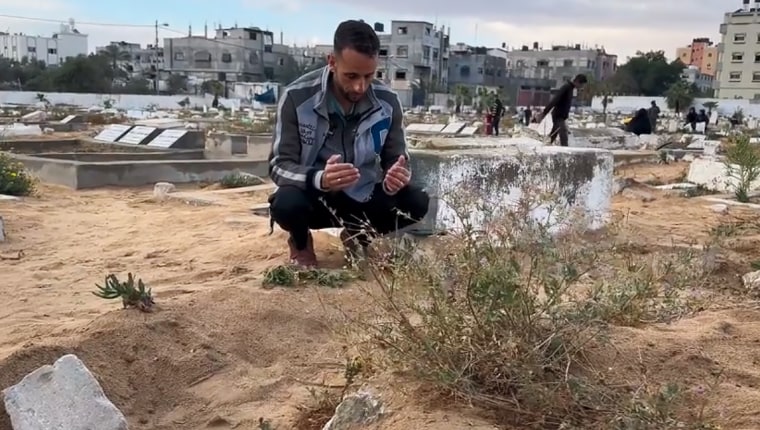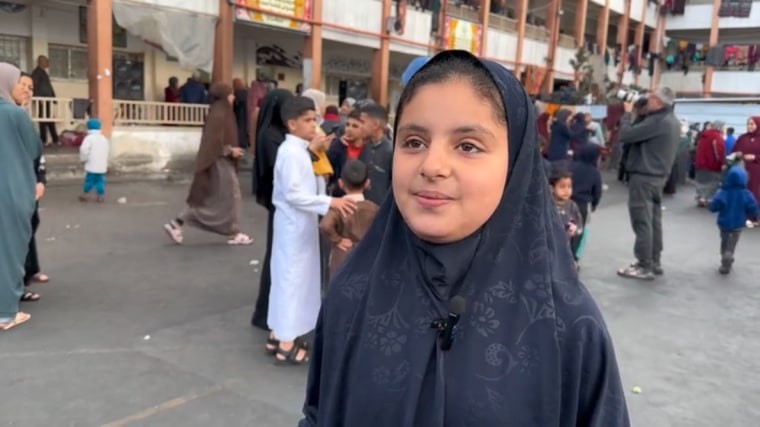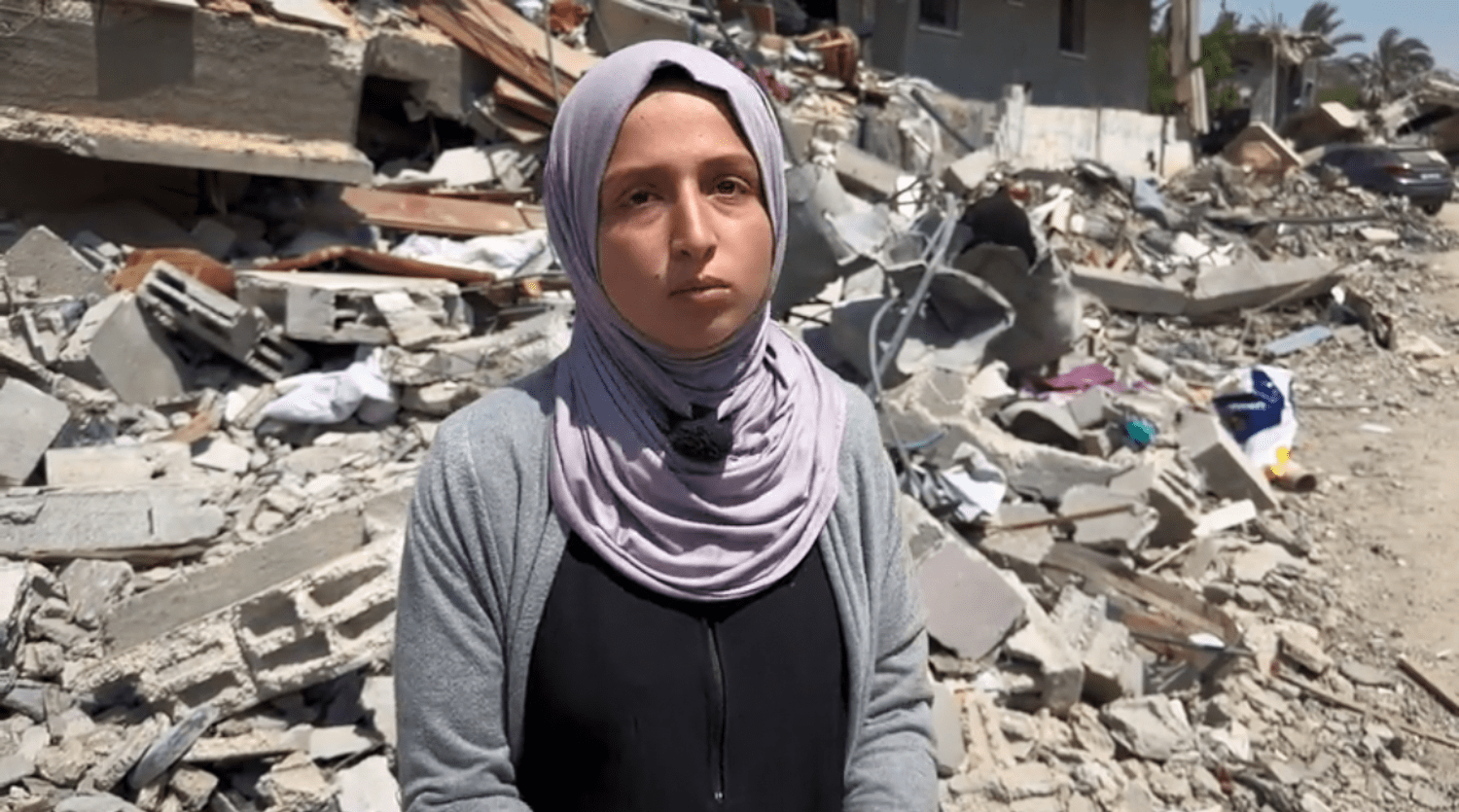Sifting through the debris Najjar said the stench of death guided her to bodies that may be her relatives, some of whom she was able to identify by their clothes, others by belongings like medication.
“We identified him by his scarf stained with blood,” she said of one of her youngest relatives, Salam. “We just saw the tiny bones.”
Whether his death will be documented remains unclear.
Health officials in Gaza say more than 33,000 Palestinians have been killed in Gaza since the war erupted on Oct. 7 after Hamas burst across the border and rampaged in southern Israel, killing 1,200 people and taking more than 250 hostages, according to Israeli tallies.

Six months on and many more bodies are thought to be buried under the rubble in Gaza, where hospitals have been destroyed, food and medicine is in short supply and most of the population of 2.3 million has been displaced.
More than half sought sanctuary in the enclave’s southernmost city of Rafah, where some handed out small bags of sweets to children and performed Eid prayers in the ruins of a mosque, its minaret still standing but its dome collapsed in a heap.
“It’s not Eid,” said Zena Hasona, 10, who fled to Rafah from Gaza City after Israel urged residents to leave when it launched its ground invasion in the north of the enclave. “We don’t have anything like we used to have. We had everything in Gaza, our family, relatives, house, and friends, but now no one is here.”

Nearby, people flocked to a cemetery to pay their respects to dead relatives, an Eid tradition.
“May God have mercy upon him. He used to wake up in the morning and go to the mosque for (Eid) prayers with the children,” said Ahmed al-Jamal, speaking at the grave of his 11-year-old son, Bassam, who he said was killed in Israeli shelling last month.
“I don’t feel it’s Eid. It’s just an ordinary day,” he added, looking down at the single breeze block that marked his son’s burial spot.
Others have not been able to mark deaths in a dignified way. With morgues overburdened, some have been buried in mass graves, unidentified, robbed of their traditional funeral rites.
Back in the dystopian wasteland of Khan Younis, Najjar said she was determined that that fate would not befall her relatives.
“I won’t rest till I bury them all, bone by bone,” she said.
Source: | This article originally belongs to Nbcnews.com









